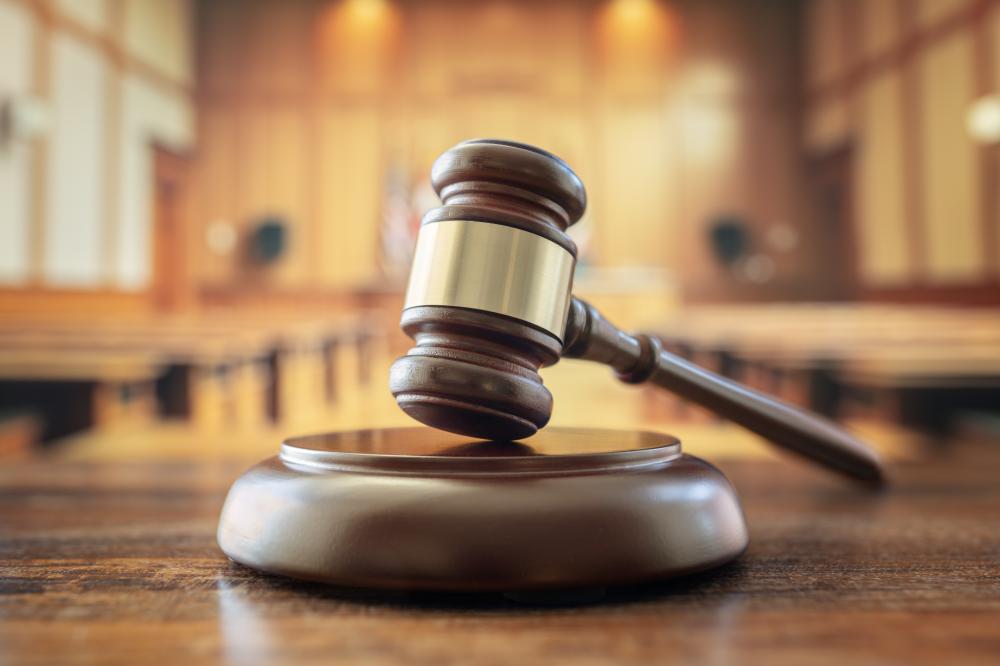If Congress doesn’t approve kids’ online safety legislation, then it should repeal Communications Decency Act Section 230, Senate Judiciary Committee Chairman Dick Durbin, D-Ill., told us last week.
Bipartisan support seems possible for a Minnesota bill that includes limits on social media, the House Commerce Committee’s lead Republican Rep. Tim O’Driscoll said during a livestreamed hearing Monday. The committee voted unanimously by voice to move the bill (HF-4400) to the Judiciary Committee. The measure, from Chair Zack Stephenson (D), would require more private settings by default on social media networks and for platforms to prioritize content that users prefer and perceive as high quality over posts that gain high engagement from other users. Also, the bill would set limits on how much users, especially new users, can engage with others on social media. Rep. Harry Niska (R) said he would support the measure, though he worries about the "constitutional thicket that we're stepping into." Minnesota should avoid regulating speech, said Niska, adding it might be good to wait for the U.S. Supreme Court to resolve NetChoice lawsuits against Texas and Florida social media laws. Also, Niska disagreed with the bill's inclusion of a private right of action; he favors leaving enforcement solely to the state attorney general. Stephenson aims to keep HF-4400 away from regulating content to avoid constitutional problems, he replied. Also, Stephenson conceded to having “mixed feelings” about the bill allowing private lawsuits and is open to talking more about that. The Chamber of Progress opposes the bill, which "would produce a worse online experience for residents of Minnesota and almost certainly fail in court,” said Robert Singleton, the tech industry group’s director-policy and public affairs for the western U.S. Among other concerns, imposing daily limits on user activity would restrict speech in violation of the First Amendment, the lobbyist said. The Computer & Communications Industry Association raised First Amendment and other concerns with HF-4400 in written testimony.
A possible Florida ban on children using social media gained support in the state's Senate after lawmakers revised the proposal and included parental consent. Senators voted 30-5 for the measure Monday after Gov. Ron DeSantis (R) on Friday vetoed a previous bill (HB-1) that would have banned kids younger than 16 from having social media accounts, regardless of parental consent. However, tech industry groups and some Florida Democrats continue opposing the proposal that would require mandatory age verification.
A U.S. Supreme Court decision recognizing the need for social media regulation -- despite First Amendment and Section 230 protections -- would be a “big victory” for Florida and Texas, New York Deputy Solicitor General Ester Murdukhayeva said Thursday.
If the U.S. Supreme Court blocks social media laws in Florida and Texas, it could have a chilling effect on states trying to regulate online content, a panel of experts said Tuesday. Speaking at a Federalist Society webinar event, panelists said a ruling bolstering the tech industry’s First Amendment rights could jeopardize the constitutionality of laws aimed at regulating kids’ online safety. The Supreme Court held oral argument Monday in NetChoice v. Paxton (22-555) and Moody v. NetChoice (22-277) (see 2402260051).
It’s possible social media platforms could be considered common carriers when delivering emails or direct messages, the U.S. Supreme Court's conservative justices said Monday.
Expect a U.S. Supreme Court majority to side with the tech industry in its content moderation fight against social media laws in Florida and Texas, experts told us in interviews last week.
Minnesota legislators on Wednesday advanced an age-appropriate design bill modeled after a California law that was recently deemed unconstitutional.
Florida senators unanimously supported joining other states that designate mobile phone providers as eligible telecom carriers (ETCs) for the federal Lifeline program. On the floor Wednesday, senators voted 37-0 to pass a bill (SB-478) that would transfer wireless ETC designation powers from the FCC to the Florida Public Service Commission. Later, senators debated a bill (HB-1) that would override parents and ban all kids younger than 16 from getting social media accounts.
Manufacturers of phones, tablets and gaming consoles should have responsibility under law for establishing default content filters that block minors from accessing pornography and obscene content, Del. Shaneka Henson (D) said Tuesday, arguing in favor of her legislation during a House Economic Matters Committee hearing.
